Interviews, like watercolours, are very hard to get right, and yet look how steadily their art has become degraded and under-appreciated. Each and every Shumble, Whelper and Pigge in our media fancies that an interview can be tossed off: you need only switch on the microphone and let the person speak. Radio is the worst culprit. John Fowles was on a US book tour when the announcer muddled his notes and introduced him as ‘the singing nun of Milwaukee’.
Inevitably hitting the wrong note, too many interviewers rely on the rickety scaffolding of the unpublished novelist, seizing on, say, their subject’s white socks, and then truffling up some unpalatable morsel from their past with which to spring an ambush — resulting in a locked jaw that no road drill could unclamp. The best interrogators can be counted on one hand. My own list would include John Freeman, Oriana Fallaci, Martyn Harris, Janet Malcolm and Lynn Barber. To which I now add the Palestinian publisher and author, Naim Attallah.
I admit I had not come across Attallah’s interviews in the Oldie, the magazine he supported from its launch in 1992 and to which, at the suggestion of its founding editor Richard Ingrams, he contributed these 49 ‘in depth’ encounters with ‘a famous oldie’. Arranged alphabetically, with two further additions, the 41 men and ten women encompass a sizeable range of knowledge, achievement and character. The cumulative effect of reading their considered answers to Attallah’s questions, brilliantly prepared and researched by Jenny Erdal, is not merely addictive and refreshing, but also instructive.
‘How nice to be asked some intelligent questions for a change,’ purrs Julian Critchley, ‘instead of being interrogated by some silly girl who doesn’t know her arse from her elbow.’ Bill Deedes, whose interview kicked off the series, is ‘astonished at what you get out of people if you give yourself the time to talk to them for more than ten minutes’. From Enoch Powell, Attallah extracts that he had an ambition to be Viceroy of India; from Mary Soames, that de Gaulle wrote every year to Clementine Churchill on the anniversary of Winston’s death. Time and again, Attallah is congratulated with: ‘That’s a good question.’ John Mortimer says: ‘This has been such a good interview that it’s made me think very deeply.’ Reflecting on the lessons of life, no longer didactic, Attallah’s subjects have pondered the things he gets them to talk about, provoking replies that in turn cause the reader to ponder.
P.D. James: ‘I don’t think goodness depends on evil, but it depends on the possibility of evil.’
Elizabeth Jane Howard: ‘Englishmen are the only people in the world who boast that they never read novels.’
John Kenneth Galbraith: ‘There’s no question that religion and ethnic passion are the enemies of civilised coexistence.’
Courteous but unfawning, Attallah’s technique, modelled on the Paris Review, flounders two or three times only. Tony Benn accuses him of speaking in ‘the language of the right’ which, when examined, is ‘found to have no substance’. Betty Friedan is tempted to show him the door. ‘You shouldn’t be asking me these stupid questions,’ the feminist chastises him. ‘You don’t understand anything.’ (‘I do. I do.’) And Laurens van der Post comes over all Naipaulish when Attallah suggests there are those (‘perhaps because we live in a sick, cynical age’) who regard him as more charlatan than mystic. ‘I can’t cope with this. I shouldn’t even have to respond to these remarks; they’re obviously made by singularly stupid people.’
Confidence gained, deep dislikes are confessed. Harold Acton considers Cyril Connolly ‘a treacherous Irishman’. Denis Healey reveals of David Owen that, ‘as he was dealing with bastards [in Bosnia], it was a good thing he was a bastard too’. Brian Sewell’s settled opinion of Lucian Freud: ‘Such a bad painter.’
Unlikely friendships are uncovered: Tony Benn with Enoch Powell; Lord Blake with Kim Philby (‘I knew him quite well, liked him, he was charming to talk to’); Lord Lambton with Oswald Mosley (‘I liked him very much, actually. Had he waited his time he would probably have been prime minister in the 1930s’); and Mosley’s widow Diana with Goebbels and Hitler, appearing to echo her sister Unity that the latter was ‘utter perfection’.
Like his subjects, Attallah keeps certain bees in his bonnet: his dislike for Harold Macmillan; his preoccupation with ‘the kind of Anglo-Saxon awkwardness, which men, particularly Oxbridge men, feel with women’. Attallah, famously, admits to no such gaucheness — as Arthur Schlesinger points out: ‘If you went to the Kennedys for dinner, there were always pretty girls, but I’m all in favour of that. So, I understand, are you.’ And always at the centre, the Middle East, ‘the Palestinian question’. It’s a bone he buzzes back to — the unfair treatment of his fellow Palestinians; Israel’s ‘outrageous’ invasion of Lebanon in 1982 — and it provides the unique occasion when his surface tension breaks, during an exchange with Conor Cruise O’Brien, a Zionist, who snaps back: ‘Am I interviewing you or are you interviewing me?’
Yet of all the unexpected connections, none is more poignant, or more provocative of thought, than the friendship between Yehudi Menuhin’s Jewish father Moshe and a ‘kind and wonderful Palestinian dentist’ who had looked after his teeth as a boy in Palestine, and whose memory gave Moshe the courage to admit: ‘The Arabs gave me more joy than the Jews ever did. They were nearer to life, and the Jews had obstructing safeguards against mixing with the world.’
As his interviews proceed, Attallah, the most uncommon of denominators, teases out underlying patterns, illustrating the point made by John Updike, in one of the most rewarding encounters, that ‘human nature is mightily mixed’. Many of Attallah’s subjects have had to overcome a physical deformity or affliction: polio (Julian Critchley), muscular dystrophy (Quentin Crewe), a funnel chest (Kenneth Dover), a lost leg (Denis Forman), incipient jaundice (Lord Lambton), psoriasis (Updike). Many bear the scars of a sibling’s untimely death (Julian Amery, Tony Benn, the Duke of Devonshire). Many have felt the lack of parental/marital love, endorsing Brian Sewell’s view that ‘the happy marriage, the untroubled family, is a rarity’: (Nigel Nicolson, Sybille Bedford, James Lees-Milne, Elizabeth Jane Howard — ‘it has taken me nearly all my life to get over it’). A handful have regrets: not to have written ‘a good short story’ (Harold Acton) or a novel (Arthur Schlesinger); played better tennis (Lord Alexander); been a vet (Brian Sewell). Others have no regrets, such as William Buckley and Diana Mosley: ‘Absolutely not. Why should I? I would chose the same life again’.
Given the chance, a mere one or two would live their life differently (Mark Birley — ‘it would be like putting a bull who already had one fight into the ring’). Quite a few champion the study of history as a means to sift the present (Lord Dacre, Denis Healey, Conor Cruise O’Brien). The majority, interestingly, are pro-European. As for the future, Lord Blake foresees that Europe will split the Tory party as badly as it split ‘in the days of Balfour’, while Healey predicts: ‘We’re entering a period that will be as cataclysmic in its effect on the world as the period that came after the French Revolution.’
Otherwise, what lessons have they learned, these worthy oldies? ‘They’re awfully dull,’ says John Murray, and cites modesty, a sense of humour and patience. Simon Raven: ‘I finally learned that love is a tiresome, messy, time-wasting, value-confusing nuisance.’ Tony Benn is reduced to quoting his parents’ saws: never let the sun go down on your wrath, dare to be a Daniel, dare to stand alone. ‘When you get older you realise the whole of human wisdom is summed up in seven little phrases.’
As for the hereafter, most agree with Hardy Amies that ‘I was meant to live a life, not a death’, and with Denis Forman that we ‘will be rubbed out completely’. Still, a healthy number remain churchgoers like John Updike, to placate the fear ‘that comes from being a death-foreseeing animal’.
Being his own publisher, it is surprising that almost the only false note in Attallah’s Gregorian chorus of wise and experienced old voices is the abysmal copy editing. Hardy Amies repeats to Attallah a terrible joke of Diana Mosley, how publishers ‘all keep a troupe of Nigerians in their cupboards and when they edit a book they bring one out of the cupboard and give her a stub pencil’. If No Longer With Us goes into mass paperback, as it richly deserves, then can we please have an index and an acknowledgements page, and can the interviews be dated and located, can Maugham’s lover Gerald Hoxton not be spelled Hockston, Edmund Backhouse not be spelled Backhaus, and Eton not be spelled Eaton, and can the literals be corrected?
In nearly all other respects, this is a terrific book with a gem on virtually every page, such as the Duke of Devonshire’s idea of heaven: ‘To sit in the hall of Brooks’s having China tea. I can’t think of a greater pleasure than that. That’s what comes of being old.’
Got something to add? Join the discussion and comment below.
Get 10 issues for just $10
Subscribe to The Spectator Australia today for the next 10 magazine issues, plus full online access, for just $10.
You might disagree with half of it, but you’ll enjoy reading all of it. Try your first month for free, then just $2 a week for the remainder of your first year.

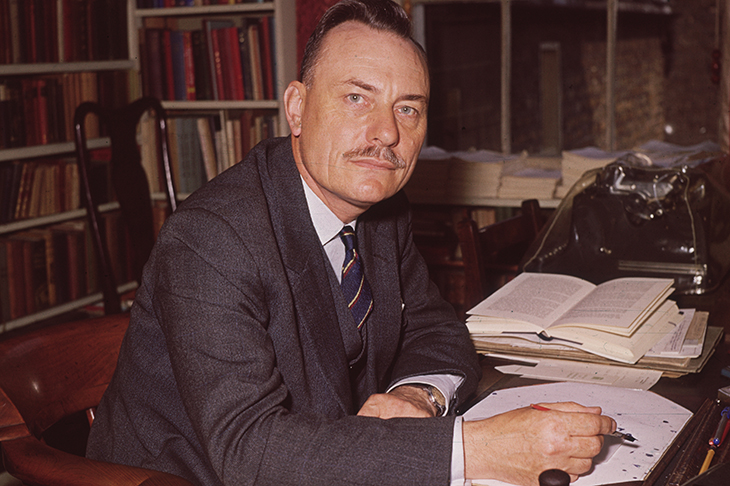
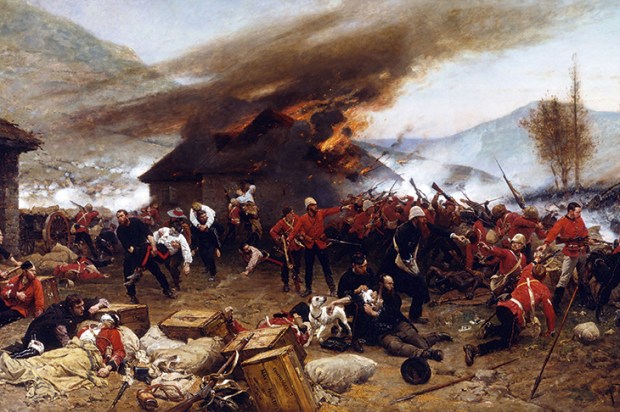
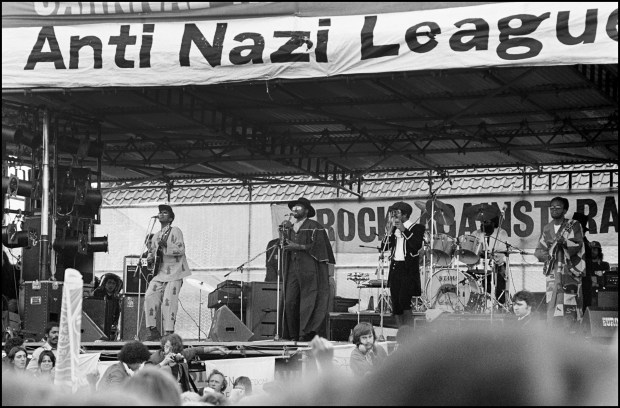
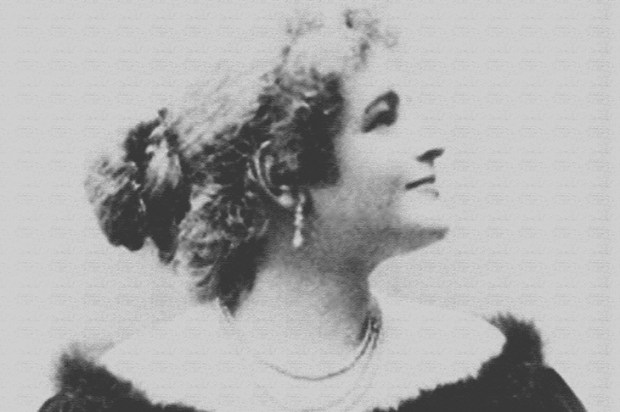
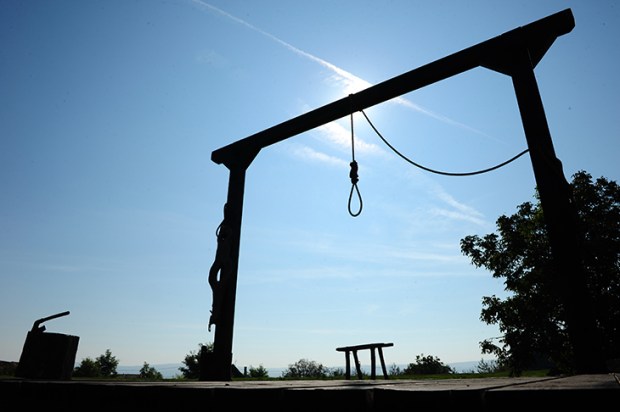
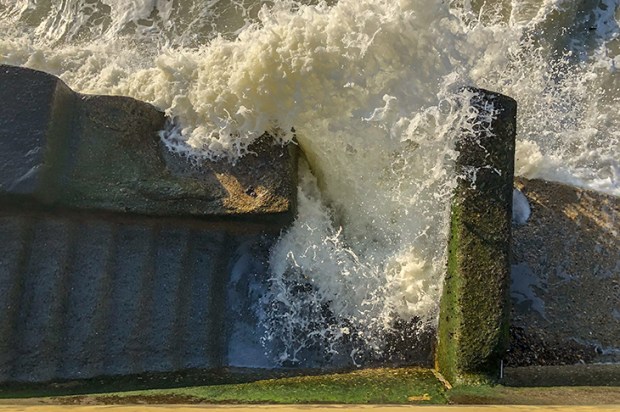
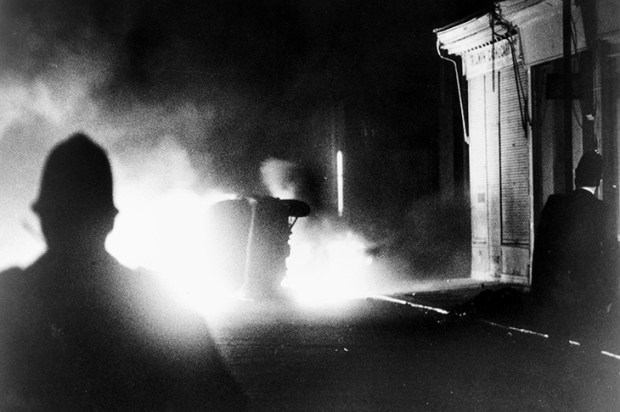






Comments
Don't miss out
Join the conversation with other Spectator Australia readers. Subscribe to leave a comment.
SUBSCRIBEAlready a subscriber? Log in